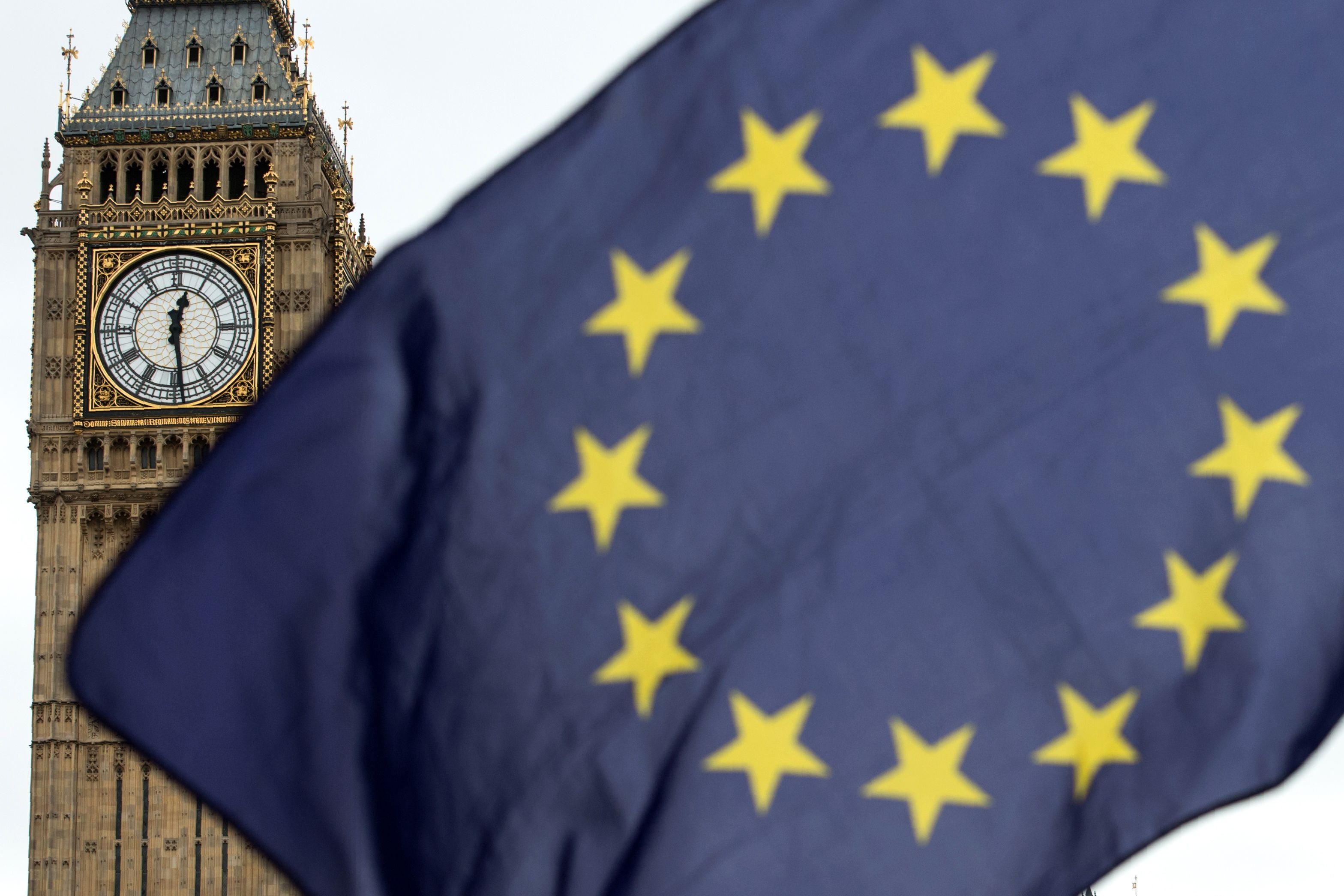Boris Johnson plans to summon MPs if Brexit deal secured — how does the recall of parliament work?
Ashley Cowburn takes a closer look at Westminster rules in case white smoke suddenly emerges in Brussels


If Boris Johnson manages to secure a deal with the European Union in the coming days, the government will need to act rapidly to ensure the necessary legislation is passed before the end of the transition period on 31 December.
Despite the House of Commons rising for the Christmas recess on Thursday, MPs have already been put on standby and warned they should expect their festivities to be disrupted and parliament to be recalled if white smoke emerges in Brussels after months of fraught negotiations.
“Parliament has shown it can move at pace and the country would expect nothing less,” a No 10 source said. “The process of recall will align with the process for finalising the legislation for a deal, if one is secured, and no time will be lost.
“Under the recall process, we will adapt the days’ proceedings to focus exclusively on the passage of the legislation. This may mean meeting at an earlier time.”
Under the powers, the prime minister can request that the speaker, Sir Lindsay Hoyle, recalls MPs due to events of “major national importance” when the Commons is not sitting – either at a weekend or during recess.
According to the House of Commons Library, prime ministers have used the recall powers successfully on 30 occasions since 1948. One of the most recent was to pay tributes to the Labour MP Jo Cox, who was murdered in her constituency ahead of the Brexit referendum in 2016.
During the Conservative-Liberal Democrat coalition between 2010 and 2015, the then-prime minister David Cameron used the recall powers on five occasions, including votes on military intervention in Syria and Iraq, tributes to Margaret Thatcher following her death in 2013, and to discuss “public disorder” after the riots across England in 2011.
MPs and opposition parties have also often, albeit unsuccessfully, called for parliament to be recalled on many occasions in recent years.
In an interview with The Independent in 2018, former Labour leader Jeremy Corbyn challenged Theresa May to order MPs back to parliament early over the Christmas recess in order to vote on a Brexit withdrawal agreement. The call was ignored by No 10, and Ms May went on to suffer the greatest parliamentary defeat on record in January 2019.
Ultimately, Sir Lindsay will have to consider the government’s request and is responsible for deciding which days MPs should sit if a deal is reached over the festive period.
But given the UK faces the prospect of severing ties with its biggest trading partner without a deal in just 11 days’ time, the speaker is almost certain to agree to any request put forward by Mr Johnson’s administration.

Join our commenting forum
Join thought-provoking conversations, follow other Independent readers and see their replies
Comments